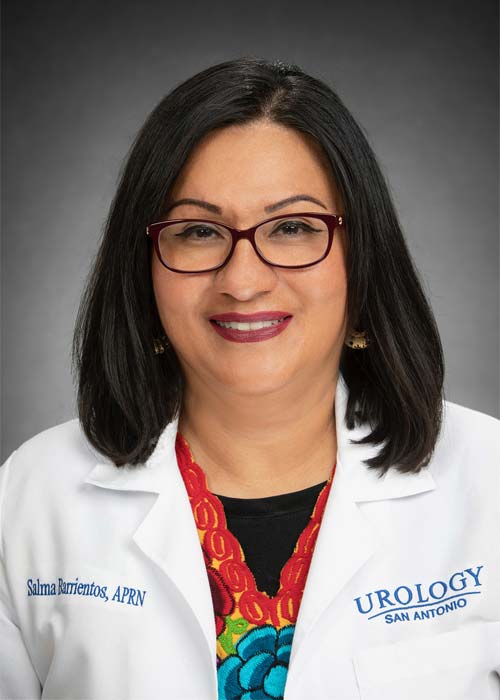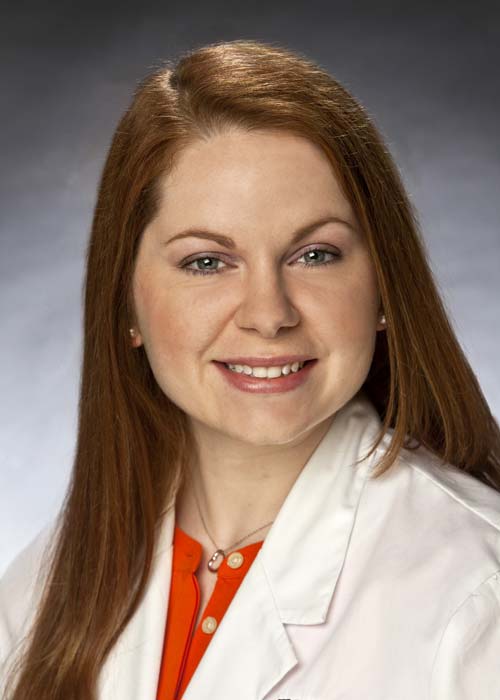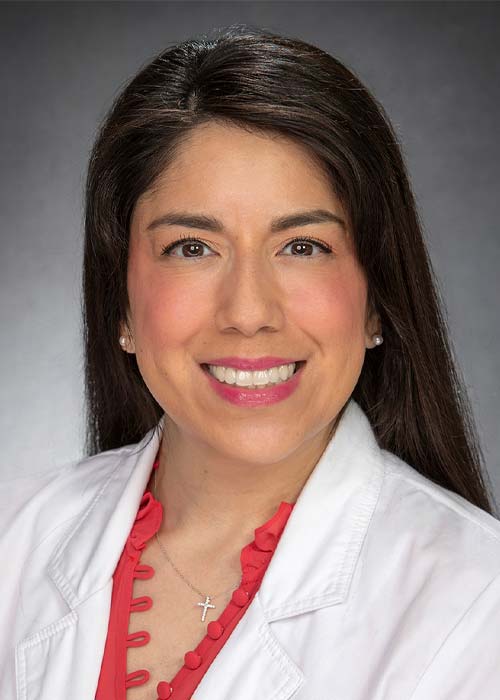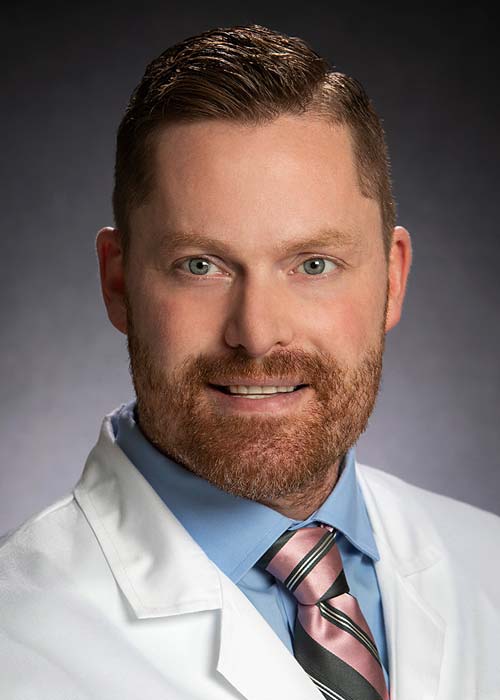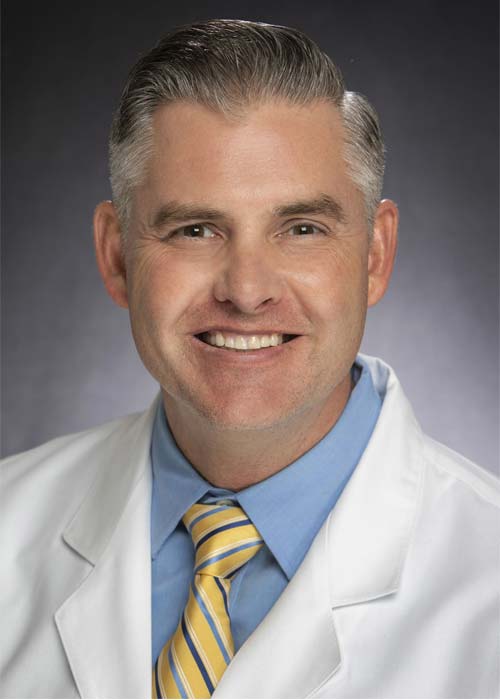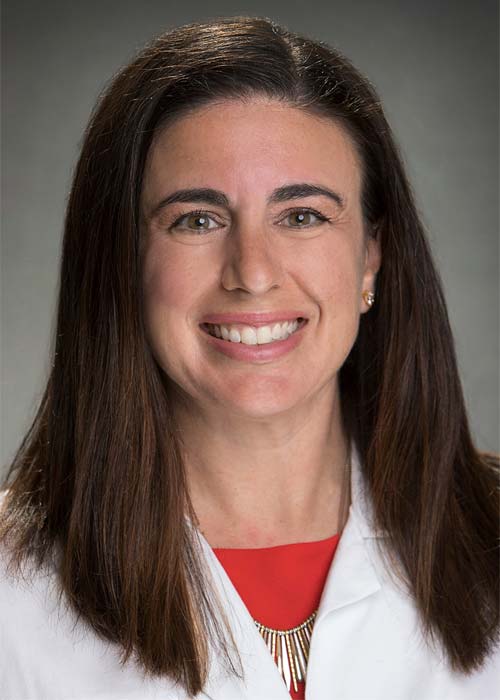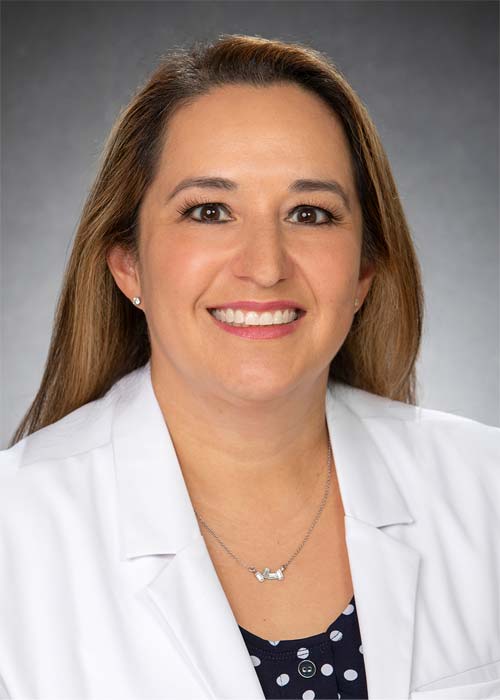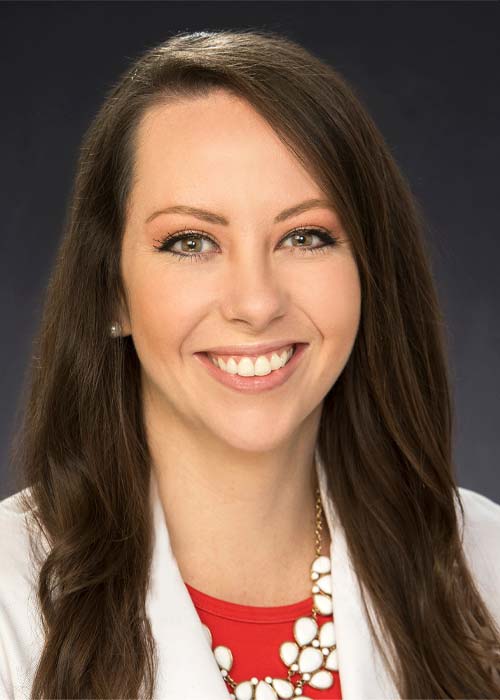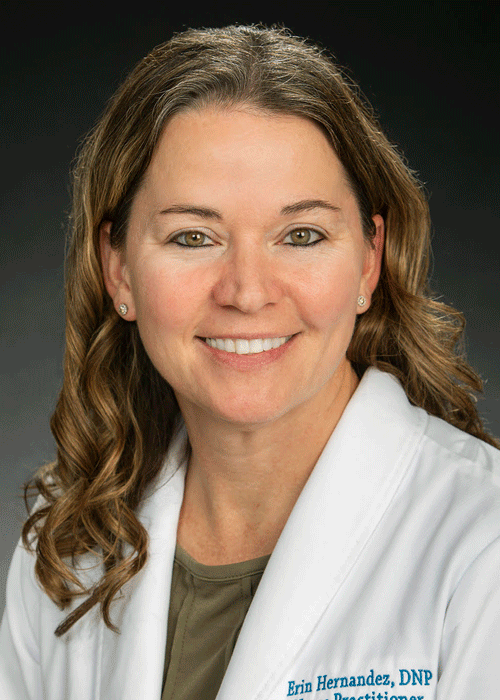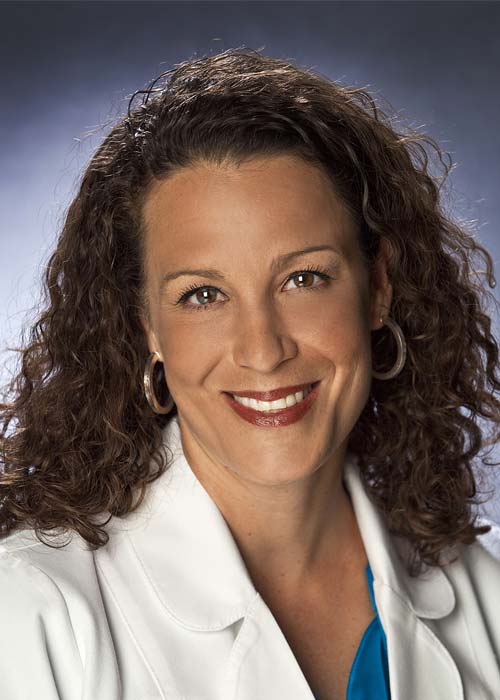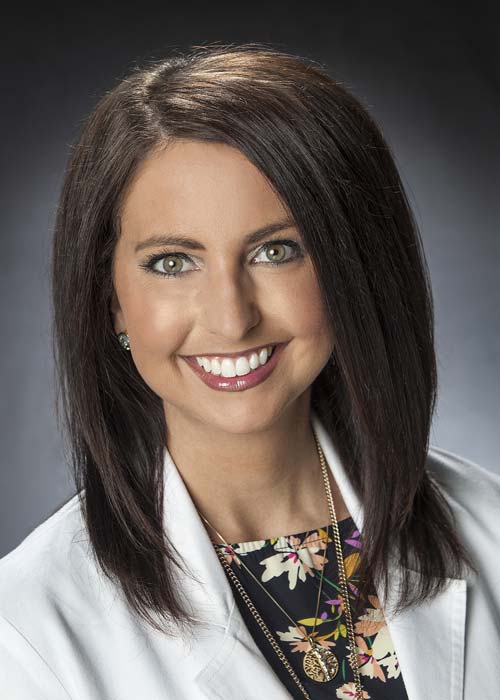Advanced Practice Providers
Advanced Practice Providers (APPs), which include Physician Assistants (PAs) and Nurse Practitioners (NPs), are an integral part of the medical care team. They work alongside physicians to ensure patients receive comprehensive care. They can see appointments and care for patients directly, expanding the capacity for clinics to help patients without long wait times.
What is a Physician Assistant?
A Physician Assistant (PA) receives in-depth education and must pass a rigorous licensing exam. Typically, they will obtain a bachelor’s degree prior to completing a PA program, which is a master’s level program. They will then take the Physician Assistant National Certifying Exam (PANCE) to apply for state licensure. Each state governs licensing and the laws around what a PA’s responsibilities include—for example, in Texas, the governing body is the Texas Medical Board.
PAs are generally able to perform physical exams, diagnose and treat illness, order and review diagnostic tests, and prescribe medications. While a physician must provide supervision and be available for consultation, a PA is able to work largely independently. This gives patients an additional healthcare professional on their team, which may allow them access to experienced care more quickly.
What is a Nurse Practitioner?
A Nurse Practitioner (NP) is a registered nurse with advanced academic and clinical experience. To become an NP, they must already hold a current Registered Nurse (RN) license. Then, they will complete a master’s or doctoral degree program in nursing and pass a national certification exam in a specialty area. A common certification is the Family Nurse Practitioner Certification (FNP).
An NP can perform similar services to PAs. Additionally, they can perform certain procedures. Some states allow NPs to practice independently, while others require a collaborative agreement with a supervising physician. NPs increase a practice’s ability to provide specialized care to patients.
Collaborative Care
Both PAs and NPs collaborate with physicians, nurses, and other healthcare professionals to provide comprehensive care. Their roles complement those of physicians, and they help increase access to healthcare services. Many APPs focus on a few specific conditions, like overactive bladder or Men’s Health issues. We are fortunate at Urology San Antonio to have many skilled APPs to choose from, each providing patients with compassionate, competent care.

